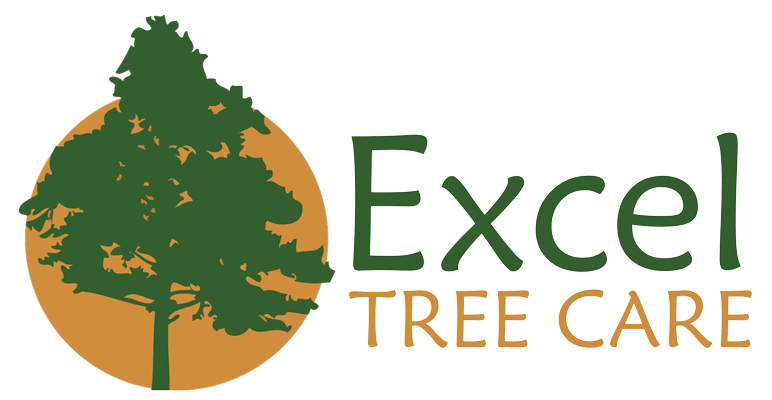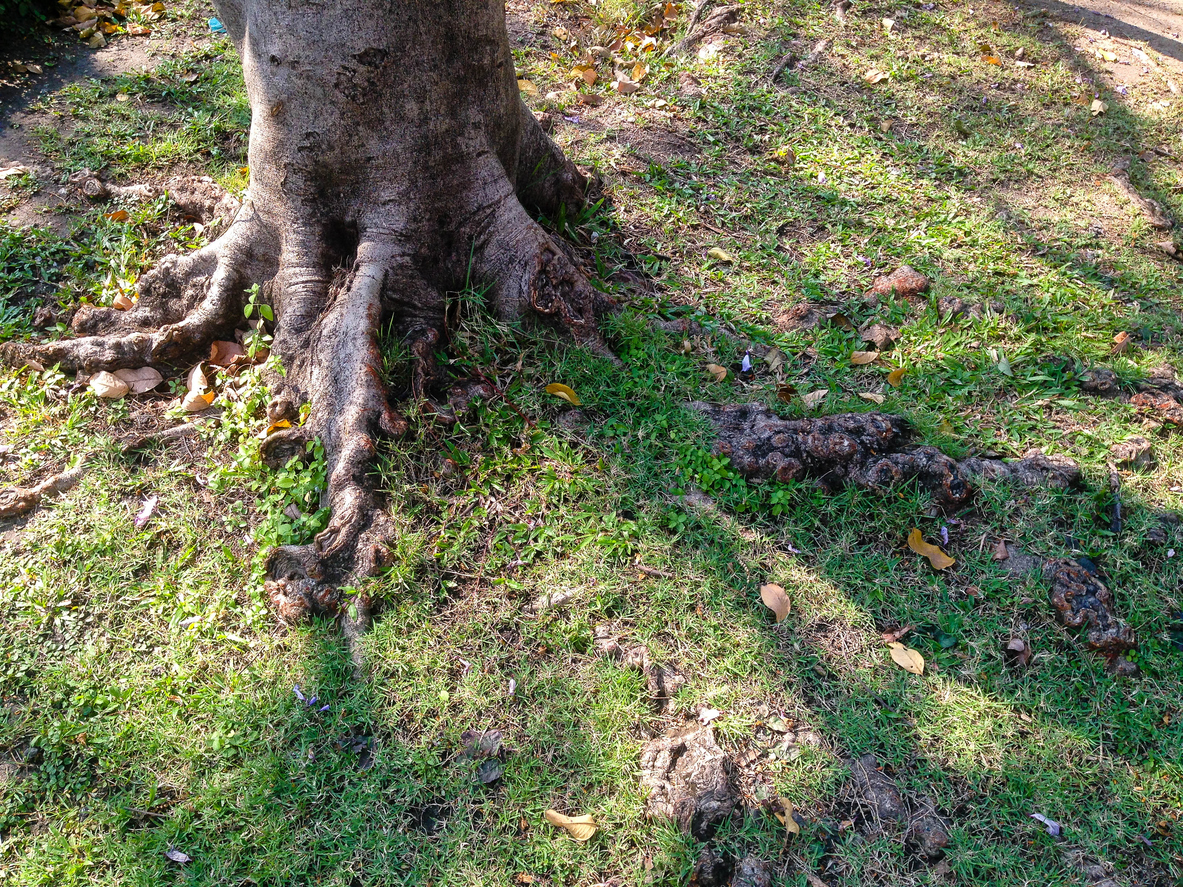Tree root damage is a common issue that can lead to significant structural and aesthetic problems in both residential and commercial properties. Addressing the root causes and implementing appropriate solutions is essential to maintaining the health of your trees and the integrity of your property.
Understanding Tree Root Damage
Tree roots are the foundation of a tree’s growth and health, providing the necessary nutrients and water uptake. When the roots are damaged, it can have a significant impact on the tree’s overall health and the surrounding ecosystem. Understanding the causes, symptoms, and impact of root damage is crucial in maintaining healthy trees and preserving ecosystem services.
Causes of Tree Root Damage
Soil Compaction
Soil compaction is one of the primary causes of root damage. Heavy machinery, foot traffic, and construction activities can compact the soil, reducing the air and water availability essential for root growth. Compacted soil creates a hostile environment for roots, causing them to seek moisture and nutrients elsewhere, often leading to damage to nearby structures.
Poor Planting Practices
Improper planting depth and site selection can lead to root problems. Planting trees too deep can suffocate the roots, while shallow planting can lead to instability. Additionally, planting trees too close to buildings or other structures can lead to future root interference.
Root Barriers
Physical barriers, such as sidewalks, driveways, and buildings, can obstruct natural root growth. Roots will often grow around these barriers, leading to displacement and damage. In some cases, roots can penetrate small cracks in foundations and expand them over time.
Environmental Factors
Environmental stressors like drought, excessive rainfall, and poor soil conditions can contribute to root damage. Extreme weather conditions can either dehydrate or waterlog the soil, affecting root health and growth patterns.
Signs of Tree Root Damage
Visible Root Exposure
Exposed roots on the surface of the soil are a clear sign of root problems. This exposure can be caused by erosion, soil compaction, or improper planting practices. Exposed roots are more vulnerable to injury and disease.
Cracks in Pavement and Foundations
Cracks in sidewalks, driveways, and building foundations are often indicators of root damage. As roots expand, they exert pressure on these structures, causing them to crack and shift.
Declining Tree Health
Symptoms such as yellowing leaves, stunted growth, and dieback can indicate root issues. When roots are damaged or unable to access adequate nutrients and water, the overall health of the tree declines.
Treatment Options
Root Pruning
Root pruning involves cutting and removing problematic roots. This should be done carefully to avoid further stress to the tree. It’s best performed by a professional arborist who can assess the tree’s health and determine the safest way to prune the roots.
Soil Aeration
Aerating the soil can help alleviate compaction and improve root health. This process involves creating small holes in the soil to allow air, water, and nutrients to penetrate the root zone more effectively.
Tree Removal
In severe cases, tree removal may be necessary. If a tree poses a significant risk to nearby structures or if it’s too damaged to recover, removing it may be the best option to prevent further damage.
Prevention Strategies
Proper Tree Selection
Choosing the right tree species for your location is crucial. Some trees have more aggressive root systems than others. Selecting trees with less invasive roots can prevent future problems.
Adequate Spacing
Ensure adequate spacing between trees and structures when planting. This allows roots to grow naturally without interfering with foundations, sidewalks, or driveways.
Use of Root Barriers
Installing root barriers can help direct roots away from sensitive areas. These barriers should be installed during planting to be most effective. They can guide roots deeper into the soil, reducing the risk of surface damage.
If you have trees on your property that may have root damage, it’s always best to consult with Excel Tree Care or another trusted tree service company to ensure the well-being of your trees. Call us today at (404) 964-6508 for a free estimate. Our fully licensed and insured team is standing by to assist you with your tree care needs. We also offer 24/7 emergency service for any trees that need immediate attention.

